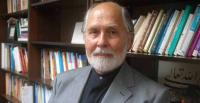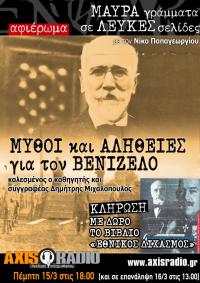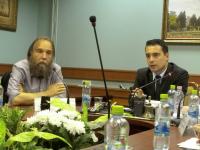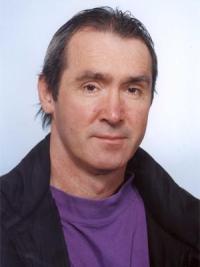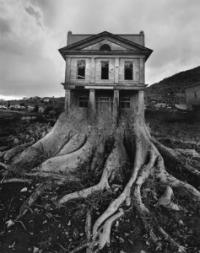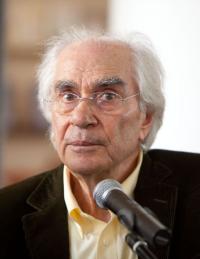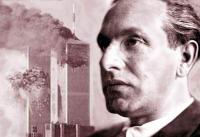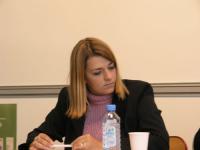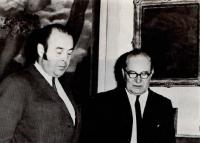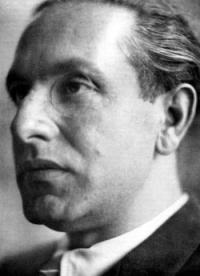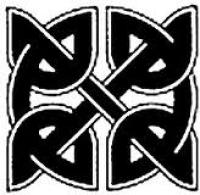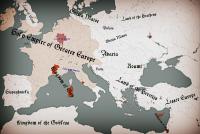Baron Ungern: God of War
Ungern gradually devised a desperate geopolitical plan to create a unique zone in Asia, or more precisely in Mongolia, free from both Bolshevik influence and the troops of the profane West. It would be a unique world in which the ancient laws of the Sacred Tradition would be in force. Ungern was familiar with the books of Saint-Yves d’Alveydre, and knew of the existence of the secret, underground country of Agarttha, where the laws of time are not in effect and where the King of the World, the Chakravarti, resides. Like the Knights Templar, who not only guarded European pilgrims from the Saracens, but also protected the great mysteries of spiritual knowledge from degenerate Catholicism and the secularizing French monarchy, Ungern aimed to create a special zone between the shrines of Tibet, where according to legend lies the entrance to Agarttha, and the rest of the world.




